I analyzed an algorithm and for running time I got Θ(n3/2). Now I want to compare it with Θ(n log n) to see if it is asymptotically faster or slower, for that I did this:
Θ(n3/2) = Θ(n · n1/2)
If we compare them we will see that we need to compare the n1/2 and log n. I checked the growth of both and I found that for larger numbers the growth of n1/2 is more than log n. Can I say that n3/2 is asymptotically slower than log n?
